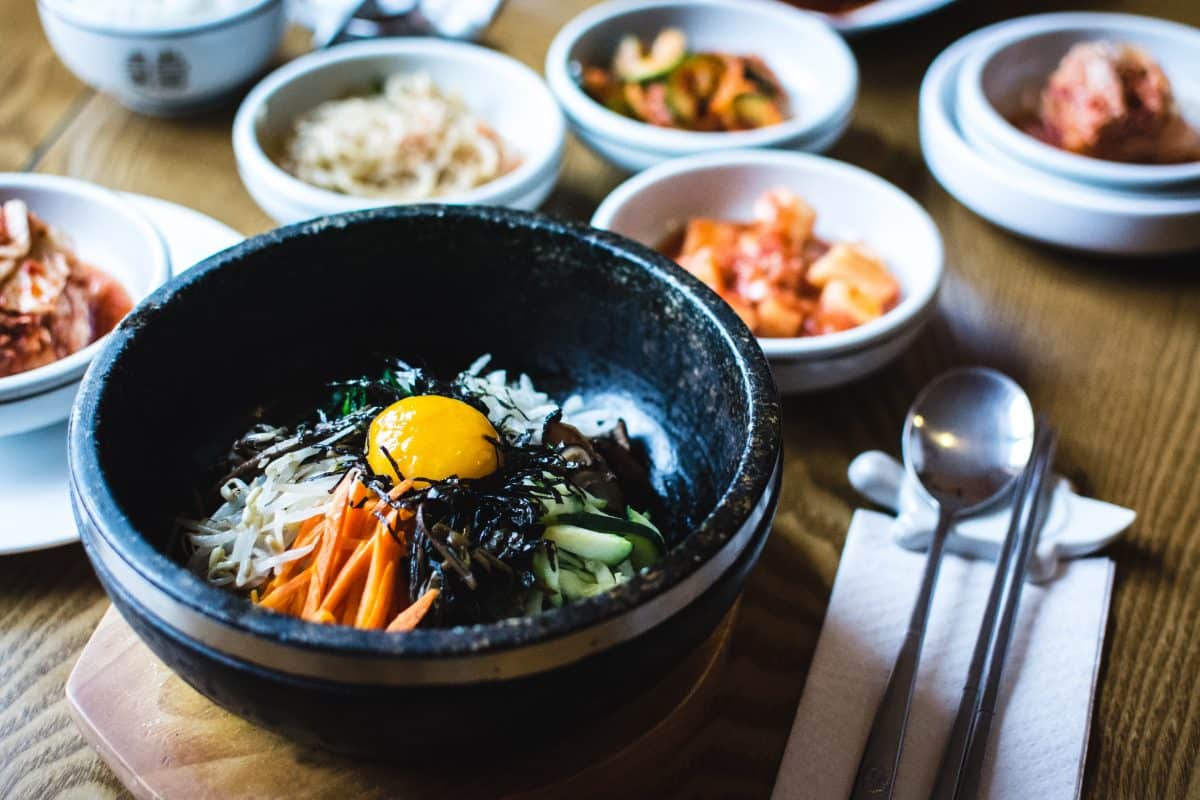
Regular Consumption Of Korean Traditional Food Will Help Prevent Adult Diseases And Obesity.
In 2008, the Ministry of Food, Agriculture, Forestry and Fisheries conducted a clinical trial, with the medical school of Cheonbuk National University, on the ‘excellence of Korean Food and traditional food.’ The benefits of Korean Food were confirmed with this trial.
Although people following a diet based on Korean food such as bibimbap and gimbap consumed more carbohydrates, they showed relatively low glycemic index and insulin index proving a lower risk of getting adult diseases.
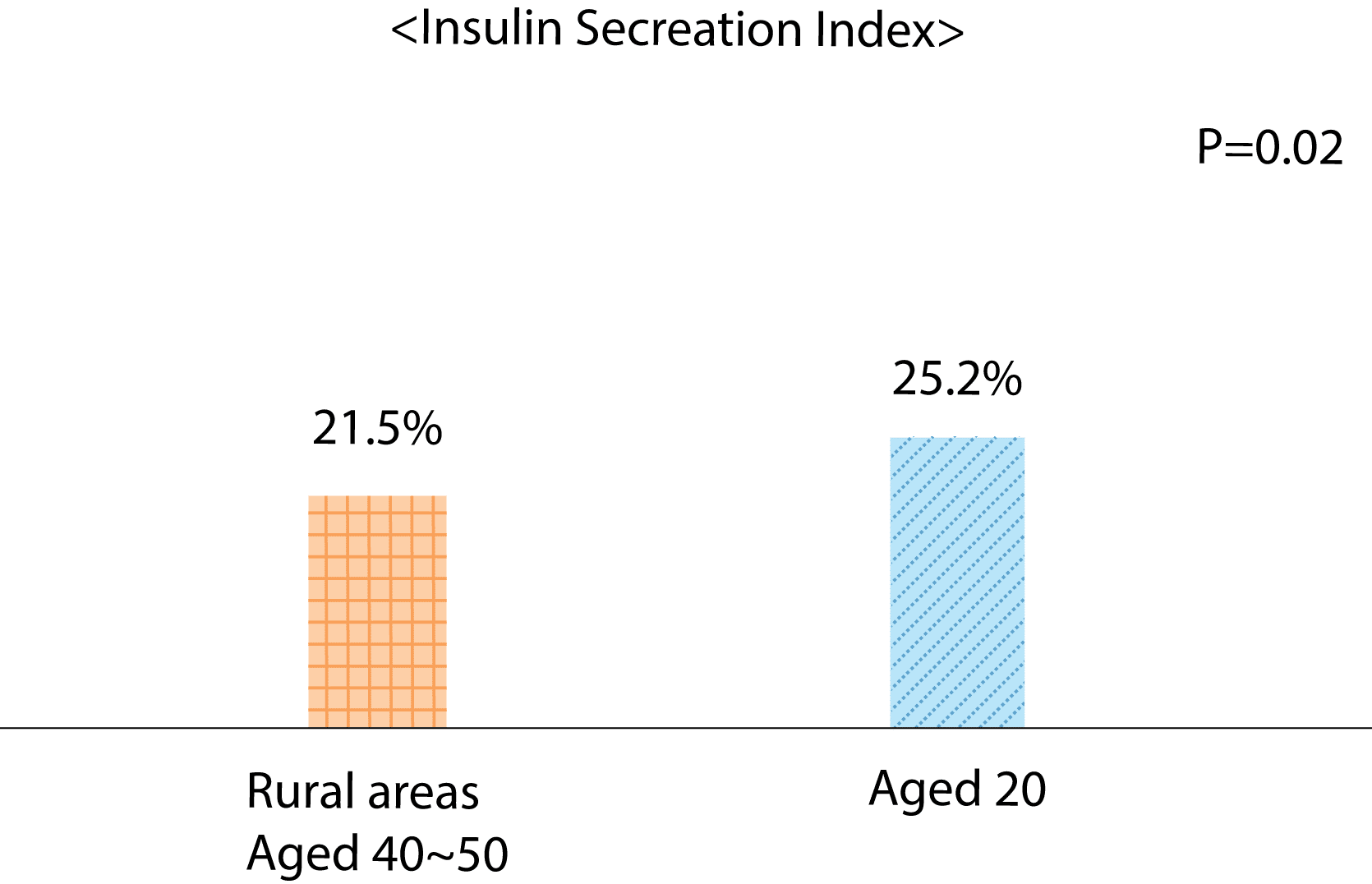
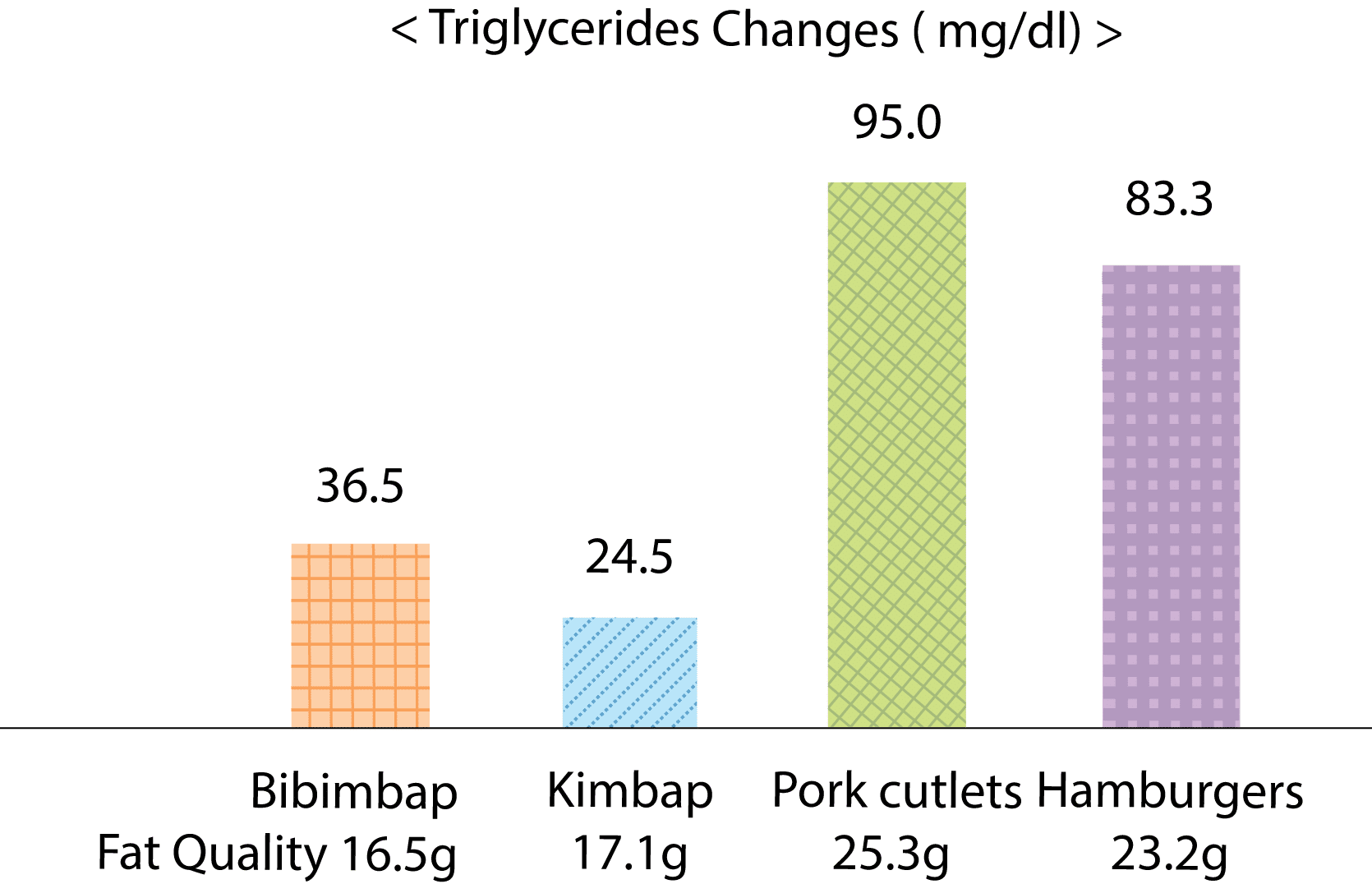
There were clear benefits of gochujang (red chilli paste), and doenjang (soybean paste), on obesity, which are crucial ingredients of Korean Food. The changes in body fat and abdominal visceral fat in gochujang and doenjang consumption groups were observed for 12 weeks. The results showed a decrease in triglycerides, in the gochujang consumption group, and a decrease of visceral fat was observed in the doenjang consumption group.
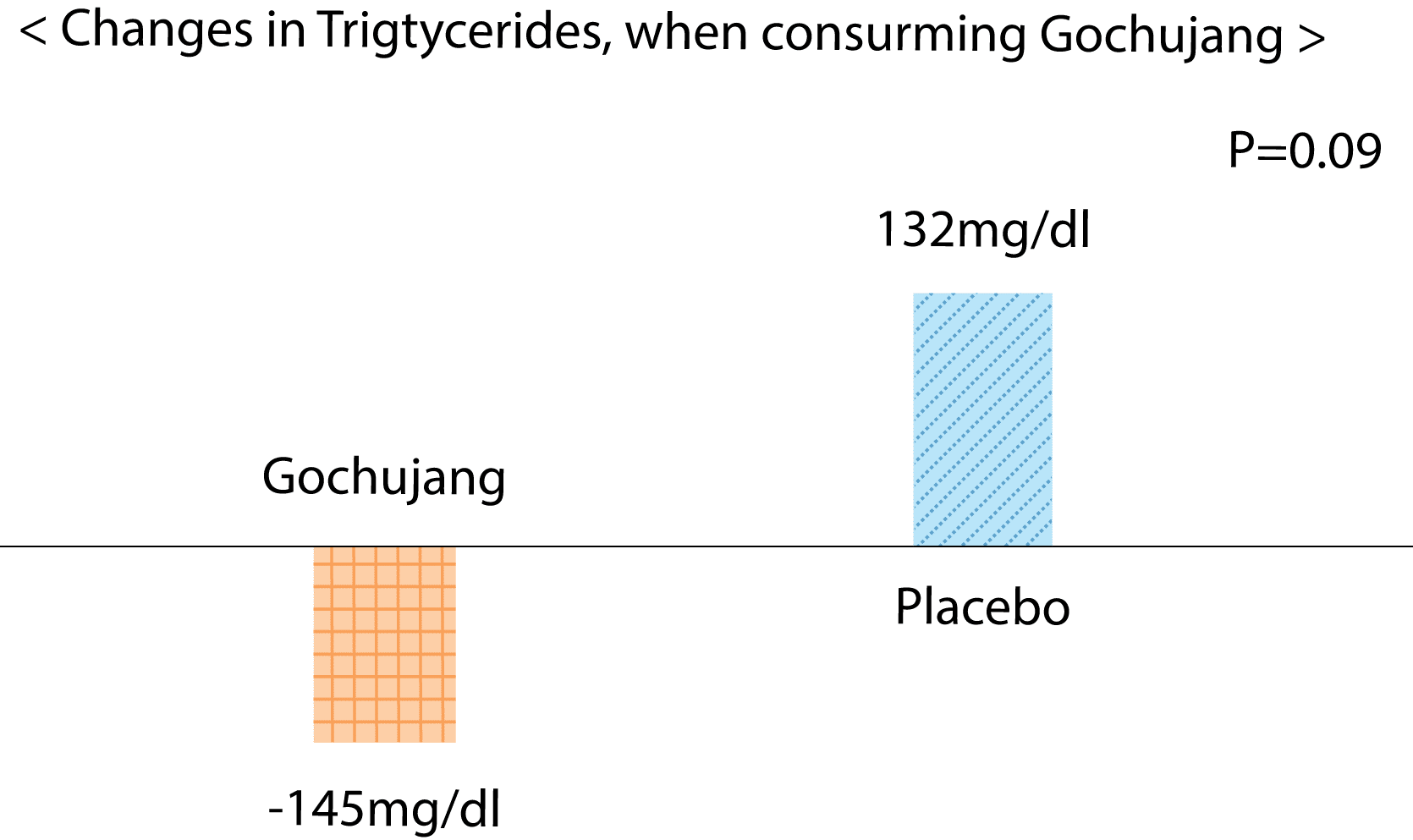
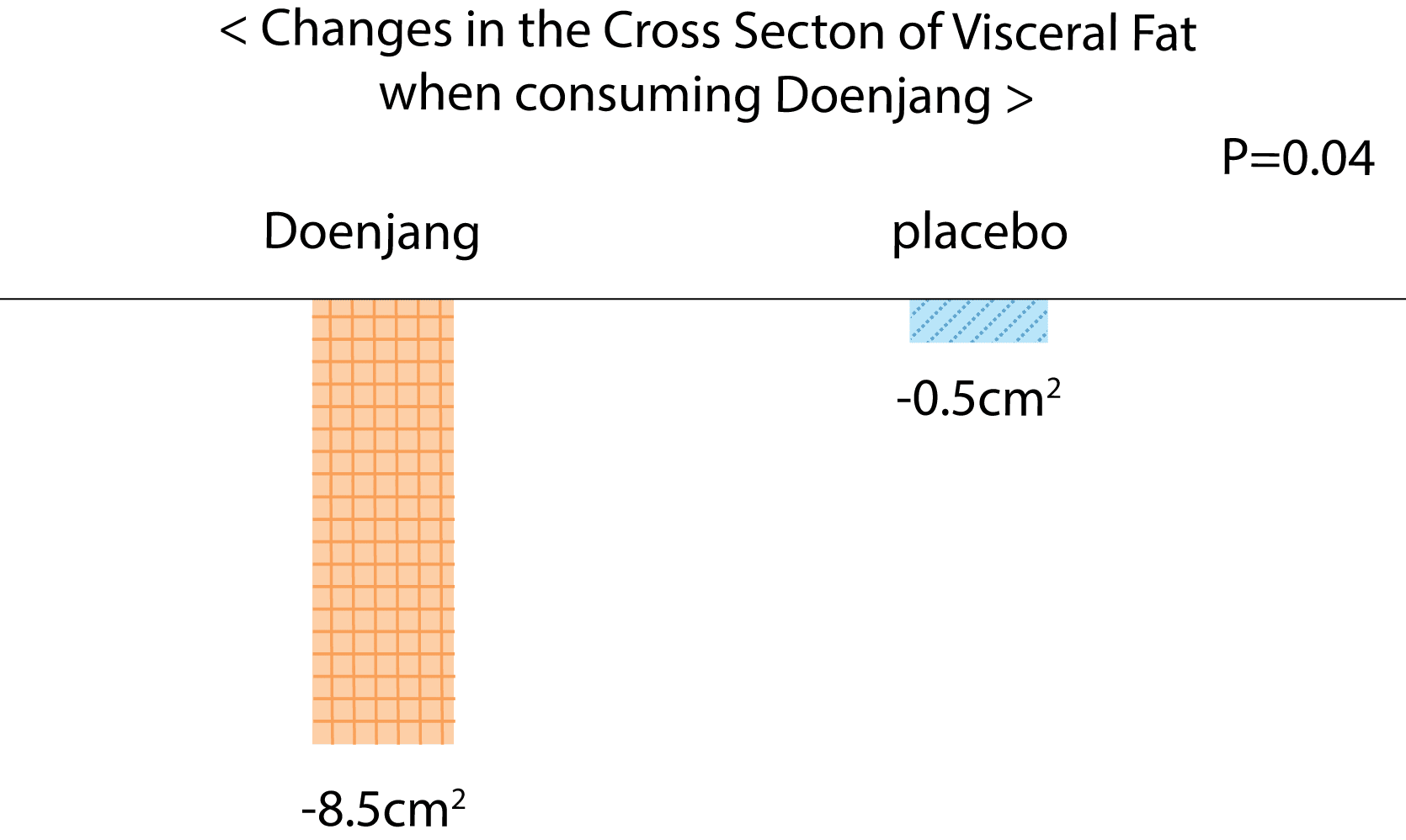
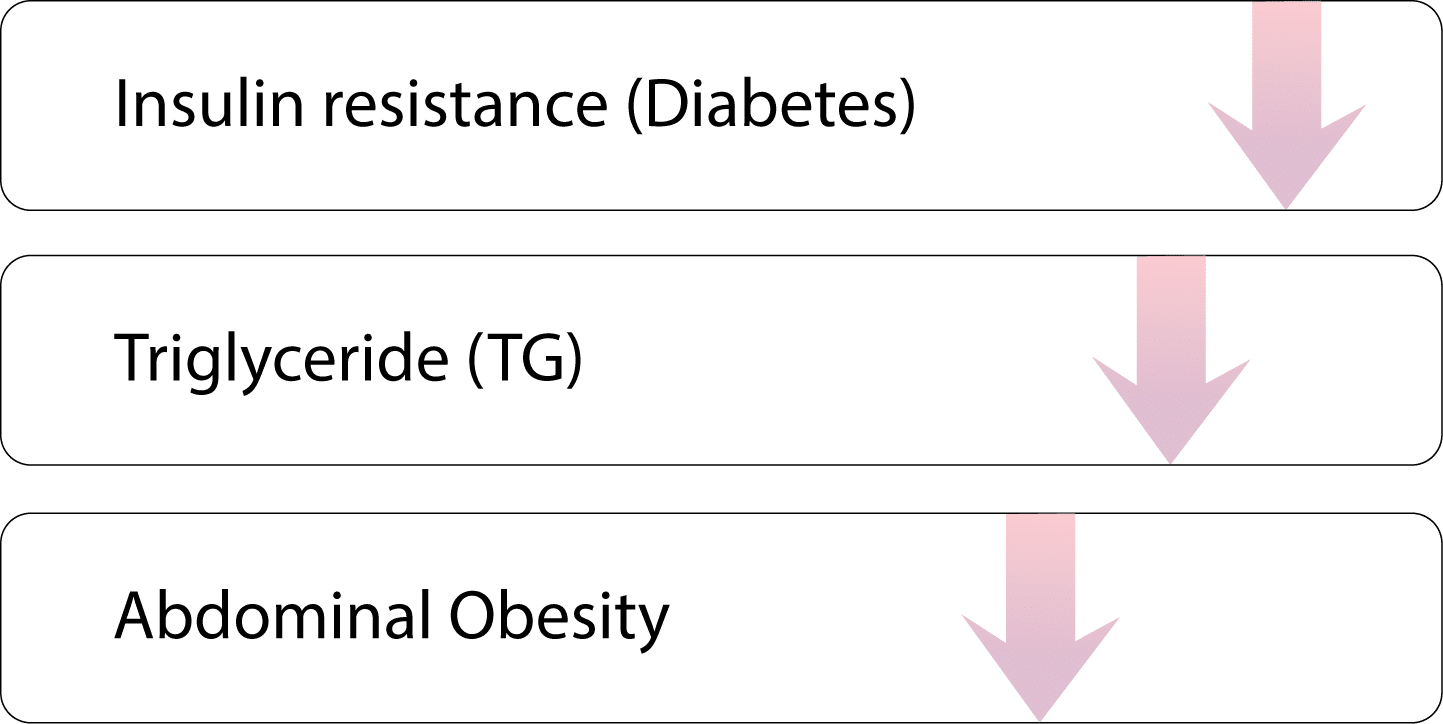
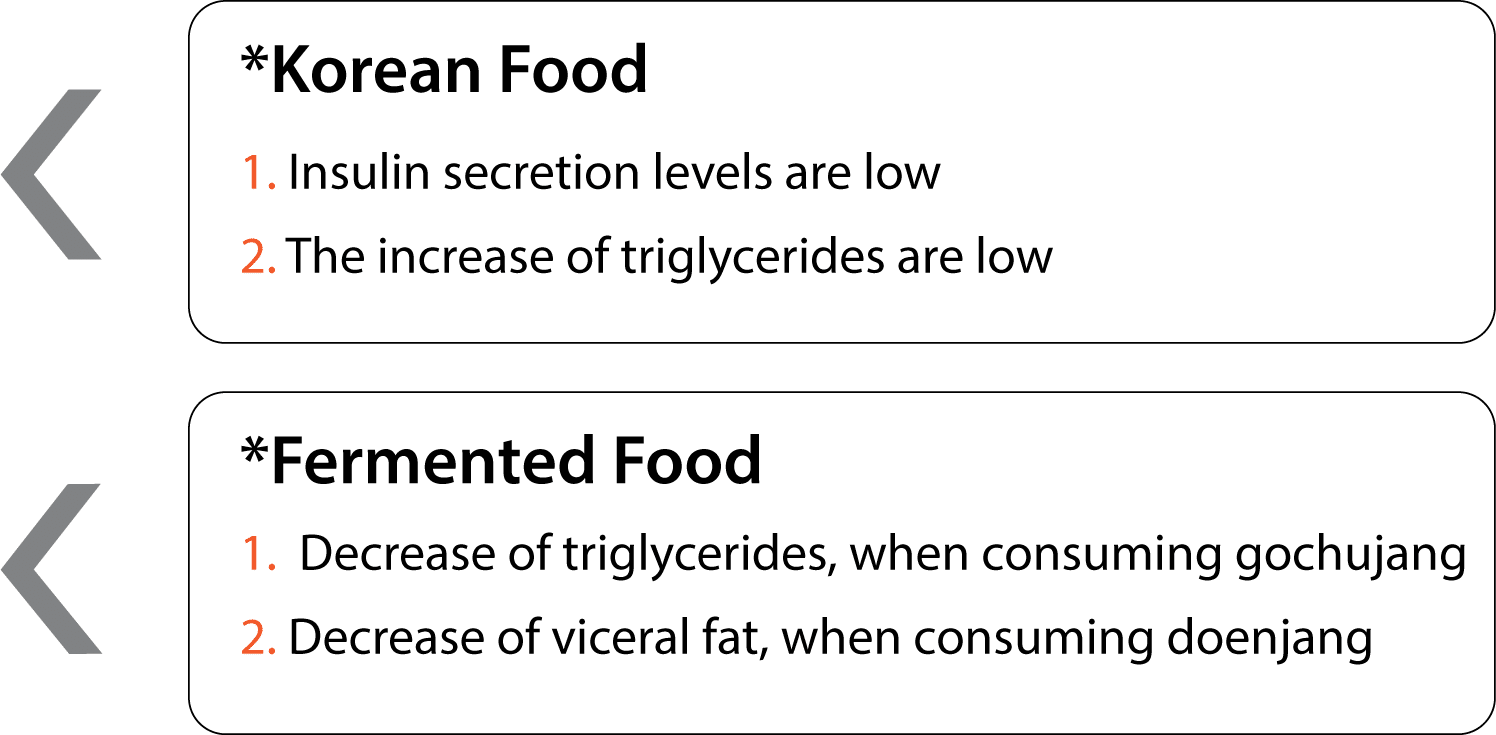

Kimchi Makes You Stay Young?
Kimchi was selected as one of the world’s five healthiest food by the American health magazine, “Health.” Kimchi is a very beneficial fermented food, enjoyed by many Koreans. In addition, it was proven that regular consumption of kimchi prevents cancer and slows aging.
A Rural Development Administration (RDA) research team observed the slowing effects on aging effects of aging by applying a specimen of cabbage kimchi to an aging-induced cell. A normal aging-induced cell became 54% aged, while another cell, which had been given an optimum mature cabbage kimchi, prior to being age-induced, became only a minimum of 25% aged. The cell was able to function like a normal cell, which proved that kimchi has an anti-aging effect.
Kimchi, especially the ones which have been soaked for half a month, has shown the most amount of aging prevention effect. This is due to the fact that a well-soaked kimchi has a much higher activity of lactic acid zymogens.
In addition, the research team proved that supplementary ingredients such as: garlic, ginger, chili powder, and chives become fermented by the kimchi zymogens, resulting in the increased anti-cancer effects.
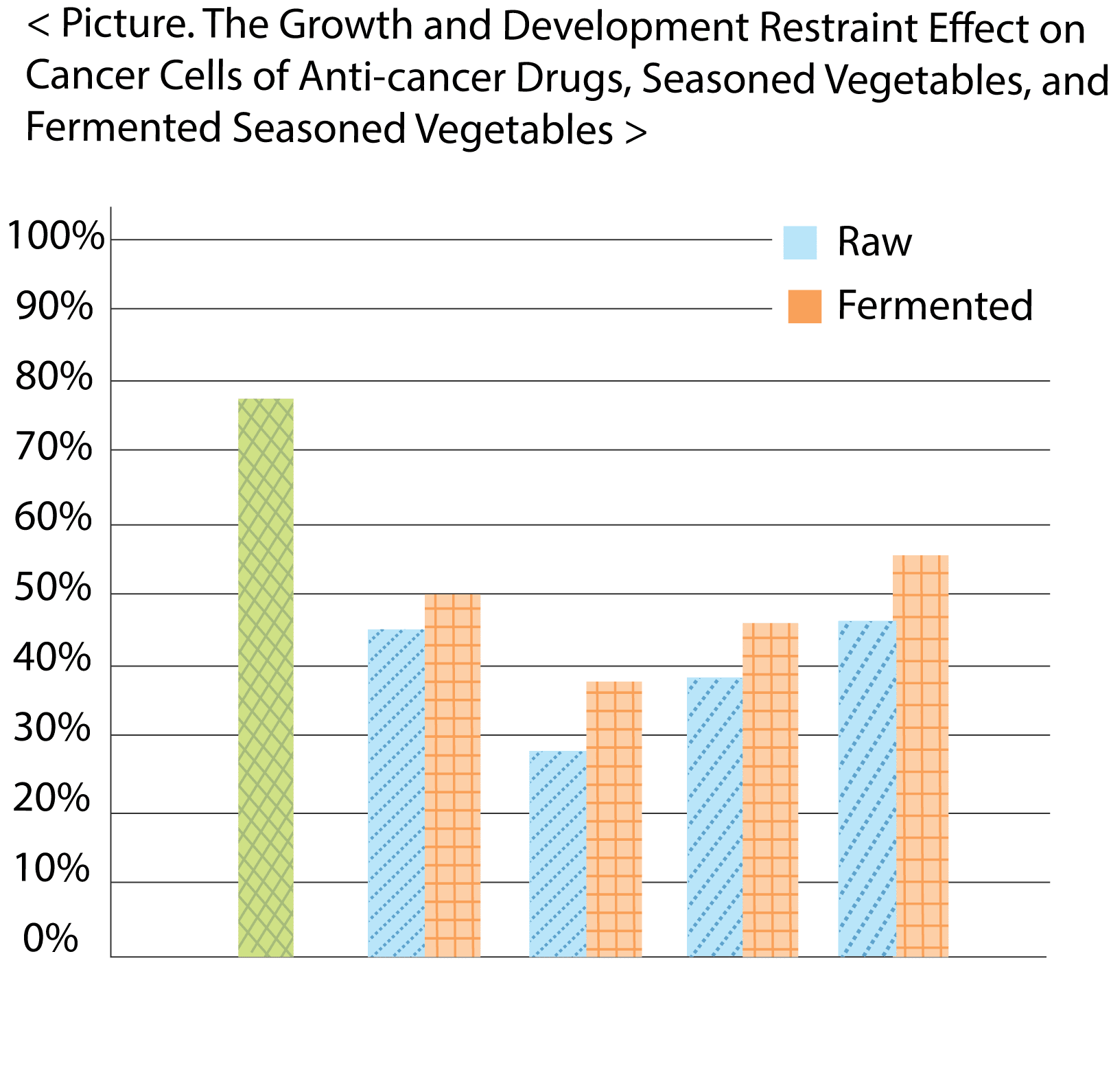
According to the research, when an anti-cancer drug called ‘Cis-platin,’ seasoned vegetables, and fermented seasoned vegetables have been applied to a cancer cell, there were significant observations to be made on the growth restraint of the cancer cell. The ’Cis-platin’ applied cancer cell showed a growth restraint of about 79%. Comparatively, the garlic, before being fermented, showed a 47% growth restraint on the cancer cell. However, after being fermented, it showed an increase to 51% growth restraint. The same increase of growth restraint, after being fermented, could be seen in other vegetables such as: ginger, 29% to 38%, chives, 38% to 48%, and chili powder, 46% to 56%. These seasoned vegetables which are supplementary ingredients to kimchi, after fermentation, showed an increase in anti-cancer effects.
There were some speculation kimchi could cause cancer because of the substance known as capsacin in chili powders. Capsacin is the main cause of the spicy taste in chili powders. However, it was proven that capsacin actually had the effect of suppressing cancer.
Also, the highest restraint effect on cancer cells was shown in a cabbage kimchi at an optimum maturity. This is because if kimchi is fermented, until it reaches an optimum maturity, the kimchi ingredients interact in a way that increases the prevention of cancer.
